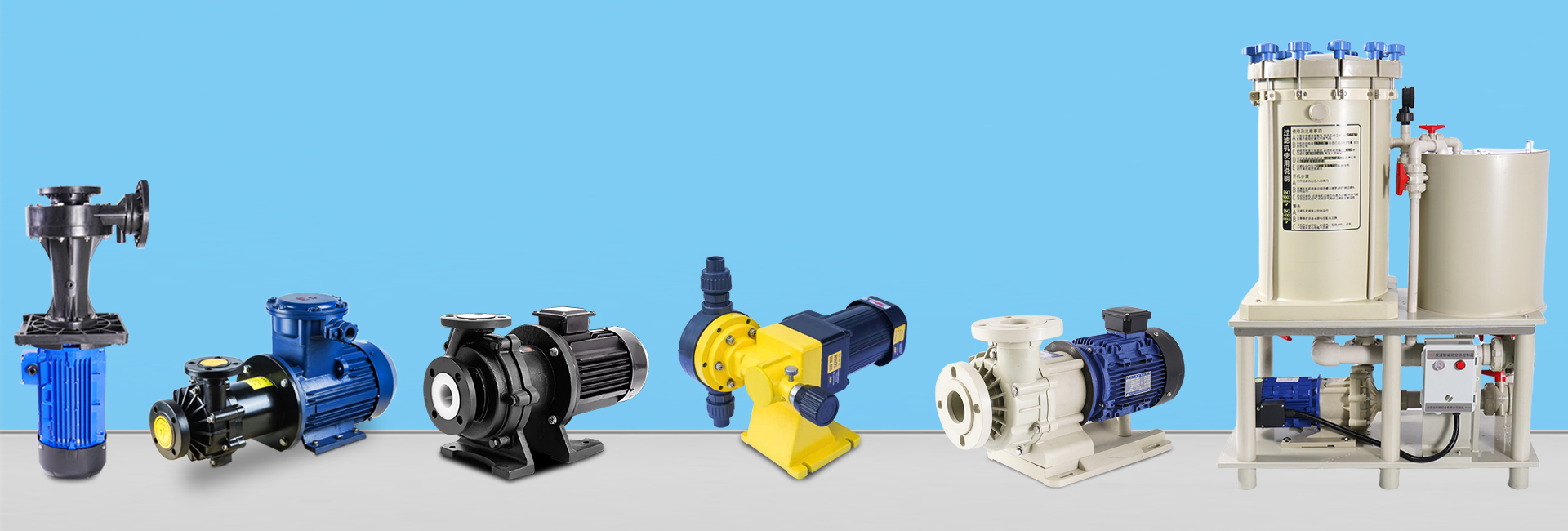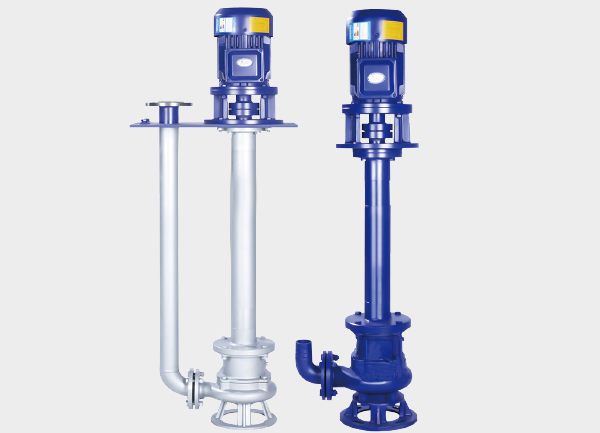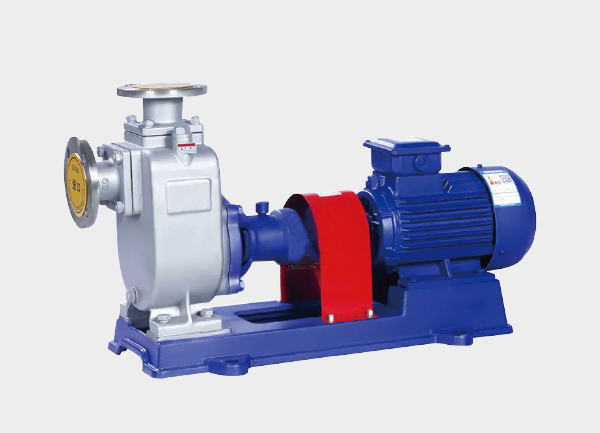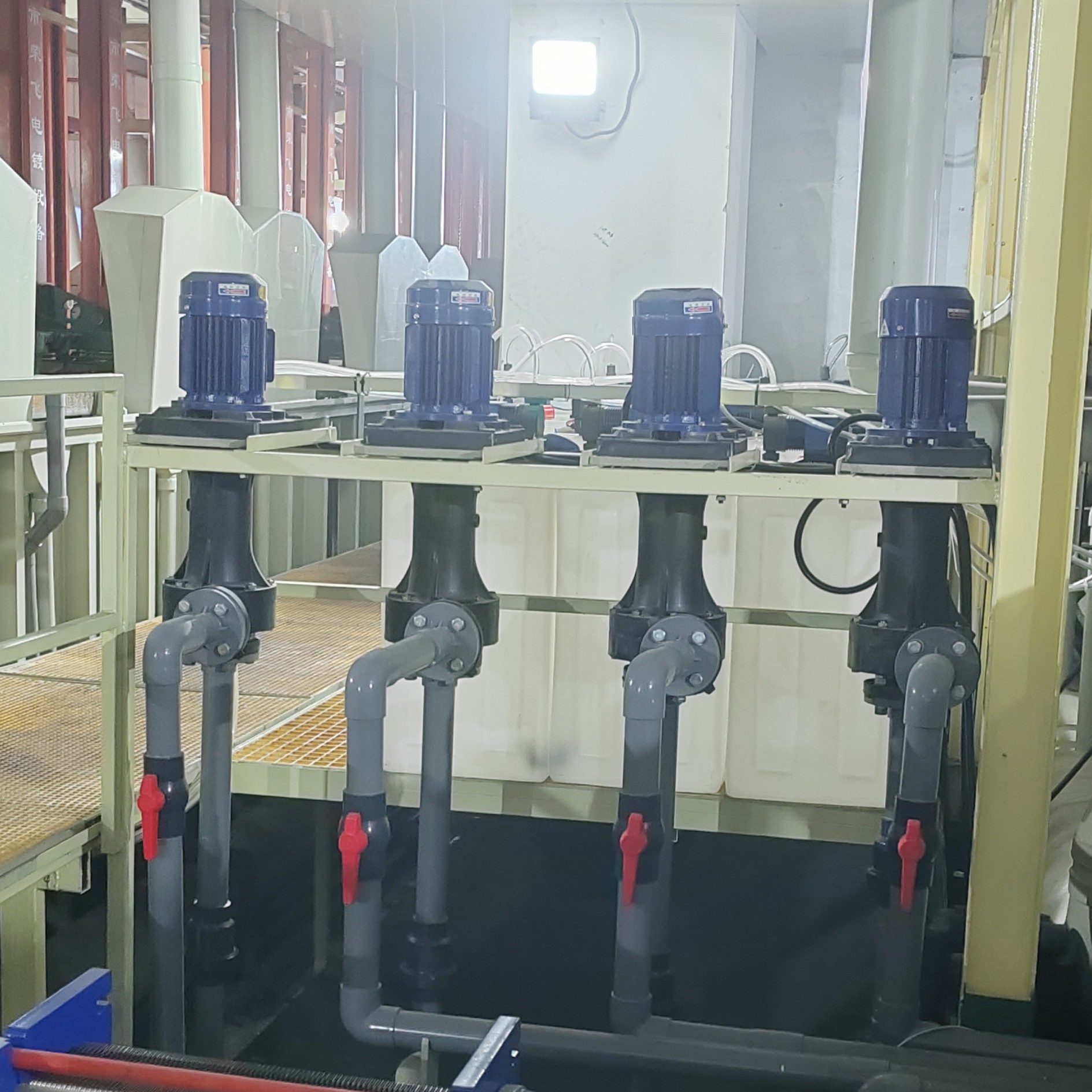1. Role of Magnetic Drive Pumps in Cooling Systems
A magnetic drive pump (Magnetic Drive Pump) is a seal-less pump that transmits power through magnetic coupling. Its advantages include high sealing performance and no leakage, making it suitable for:
Hazardous or corrosive fluids
High-temperature liquids
Systems requiring cleanliness and zero leakage
In cooling systems, the main benefits of magnetic drive pumps are:
Leak-free operation: Prevents coolant leakage that could damage equipment or the environment
Corrosion resistance: Suitable for coolants with additives or naturally corrosive fluids
Low maintenance: No mechanical seals, providing long-term stable operation
2. Characteristics of Large-Flow Magnetic Drive Pumps
Large-flow magnetic drive pumps usually have a flow rate ranging from tens to hundreds of cubic meters per hour. Their key characteristics include:
High flow, low head: Ideal for circulating coolant in large systems
Single-stage or multi-stage designs: Multi-stage increases pressure, single-stage is suitable for high flow
Material options: Commonly stainless steel, fluoroplastic, or lined with PTFE to resist corrosion
Motor matching: Typically equipped with high-efficiency motors for continuous operation
3. Selection Considerations for Cooling Systems
Flow rate and head matching
Calculate flow (Q) and required head (H) based on the cooling system’s thermal load
Incorrect sizing affects cooling efficiency and pump performance
Fluid temperature and chemical properties
Ambient temperature water or low-temperature liquids: standard stainless steel pump
High-temperature or corrosive fluids: fluoroplastic or special alloy pumps
Efficiency and energy saving
Choose high-efficiency pumps and motors
Consider variable frequency drives to adjust flow according to load, saving energy
Installation and maintenance
Install pumps close to cooling towers or heat sources
Ensure horizontal installation to avoid cavitation and dry running
Keep piping short and straight to reduce resistance
4. Typical Applications
Electronics manufacturing: Clean coolant circulation
Plastics and chemical industries: Corrosion-resistant cooling water systems
Machining and metalworking: Oil or water circulation systems
Semiconductor or photovoltaic industries: High-precision temperature control cooling








